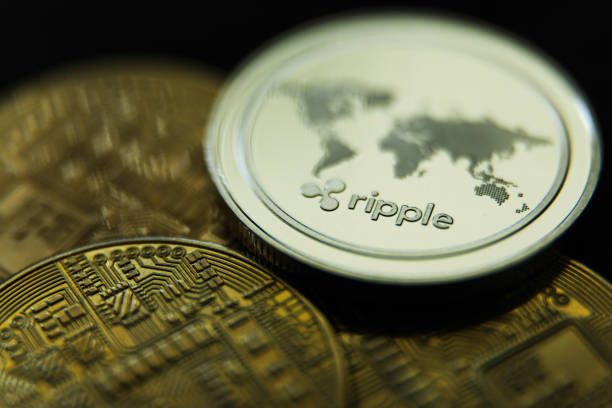
Ripple Chief Technology Officer (CTO) David Schwartz has clarified concerns about potential manipulation by Ripple on the XRP Ledger (XRPL). This came as a user pointed out that the crypto firm controlled most Unique Node Lists (UNLs), and users didn’t exactly have the option of changing them.
Ripple CTO Clarifies Manipulation Concerns Regarding The XRP Ledger
In an X post, the Ripple CTO stated that the UNL affects the way the network makes forward progress and that wallets just observe that. He also indicated that manipulation from Ripple was almost impossible, as the XRP Ledger halts if nodes do not agree with the validators on the Unique Node Lists.
Schwartz was responding to a user who asked which public XRP-GUI wallets allow XRP holders to change the validators they can trust outside the UNL provided by Ripple. The user further remarked that none of the GUI wallets he downloaded gave him the option to change trusted validators.
He added that the only way he found to invoke the neutrality of the XRP Ledger is to run his own node/validator and modify the configuration file. This also led to questions of how neutrality can be achieved if an average user can’t change the validators they use. The user also noted how nothing was stopping Ripple from manipulating the network if 99% of XRP holders are reliant on the UNL the crypto firm publishes.
However, as the CTO pointed out, nodes still have to agree to use these validators before transactions can be processed unless the network halts. Meanwhile, Ripple isn’t the only one that publishes UNLs, as the XRP Ledger Foundation also publishes lists of validators that nodes/servers can choose from.
XRPL Validator Shares View
In an X post, XRP Ledger validator Vet noted that UNL only makes sense in the context of nodes, servers/computers that make up the network, just like Bitcoin and Ethereum. He further remarked that someone who owns just an account on the XRPL can’t select a UNL, as they will need a node to do that.
He added that only node operators can really participate in the governance of any protocol. Vet was alluding to the fact that nodes are just like miners or stakers in proof-of-work or proof-of-stake networks, who are the only ones that influence network decisions and not the holders.
However, this development again raises concerns about how the XRP Ledger’s decentralization, seeing as Ripple publishes most of the UNLs. Although nodes can choose their validators, the options are still believed to be limited since they have to choose from validators proposed by Ripple or the XRP Ledger Foundation.
At the time of writing, the XRP price is trading at around $2.44, up over 3% in the last 24 hours, according to data from CoinMarketCap.

















